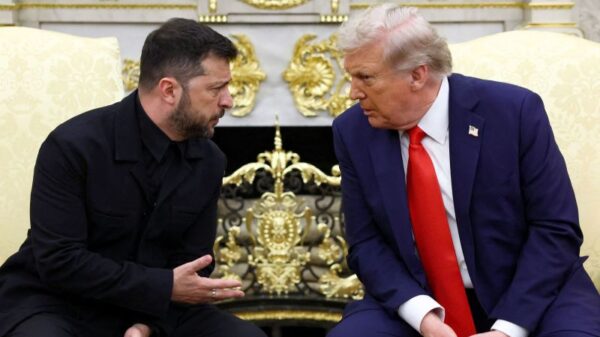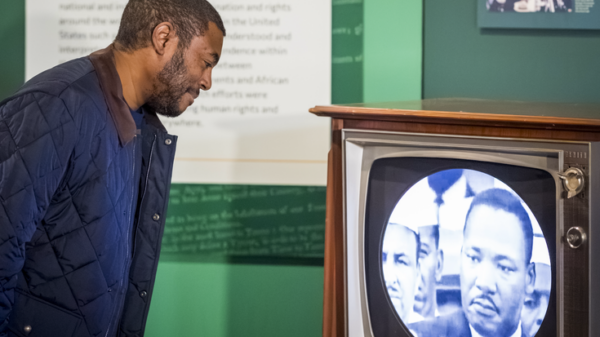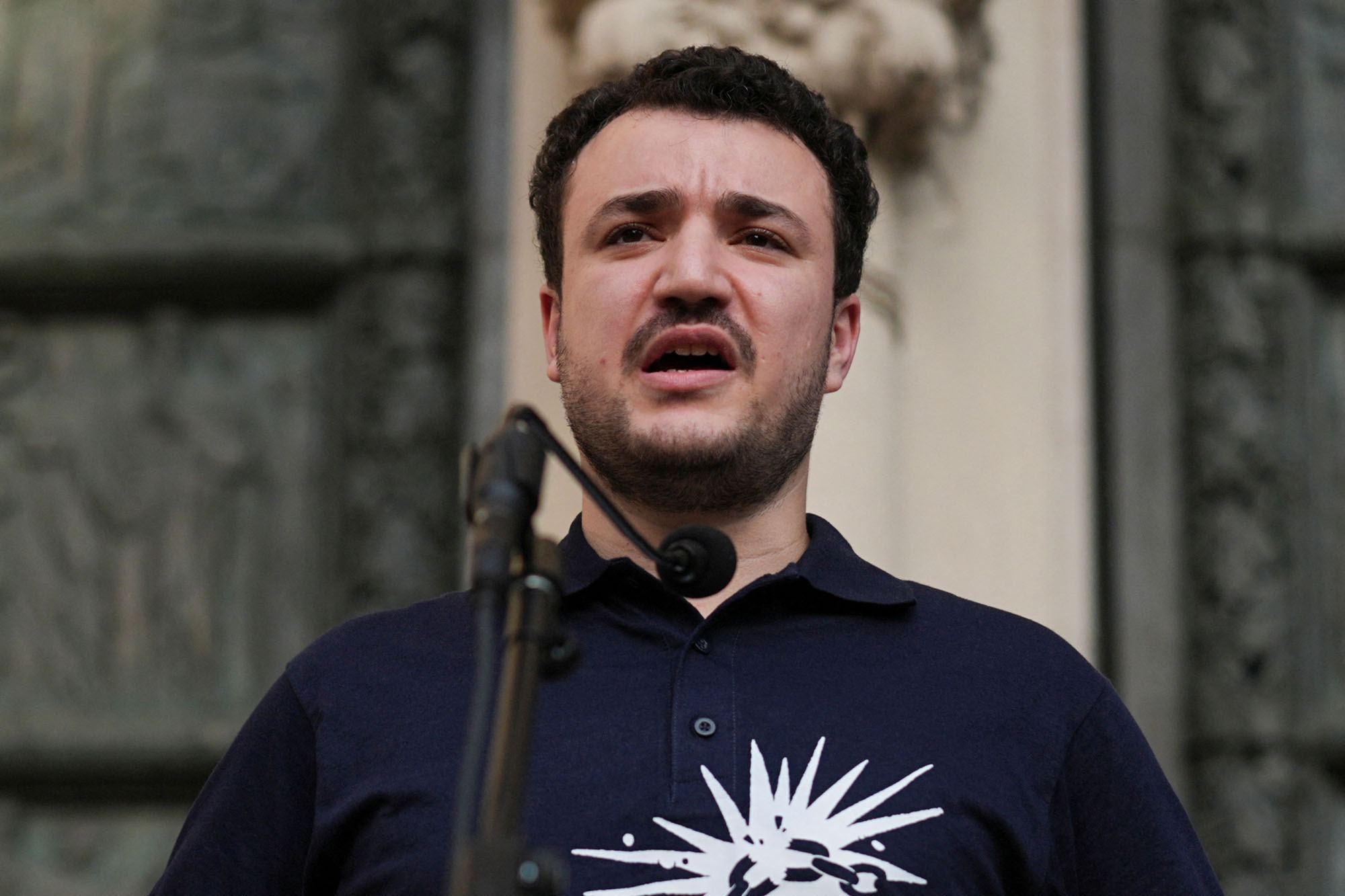UPDATE: Controversial remarks made by Mahmoud Khalil, a student at Columbia University, have ignited a firestorm of debate regarding the “pro-Palestine” movement’s stance on peace and violence. During an interview with Ezra Klein of the New York Times, Khalil asserted that the Hamas-led attacks on October 7, 2023, which resulted in the deaths of over 1,200 people and the kidnapping of approximately 250 individuals, were a justified response to impending peace negotiations between Saudi Arabia and Israel.
Khalil suggested that these violent actions were a necessary measure to disrupt what he described as a “very imminent” peace deal that sidelined the Palestinian narrative. He labeled the attacks as a “desperate attempt” to alter a situation where the interests of Palestinians were being ignored. His comments, which many interpret as a direct identification with the terror group Hamas, have drawn widespread condemnation.
The implications of Khalil’s statements are profound, as they highlight a troubling perspective within segments of the pro-Palestine movement that equate violence with liberation. Khalil’s assertion that any criticism of the October 7 attacks reflects an expectation for Palestinians to be “perfect victims” raises significant ethical questions. Many argue that such views perpetuate a cycle of violence that ultimately undermines the Palestinian cause.
Critics assert that Khalil’s rhetoric serves to empower extremist narratives while alienating those who seek peaceful resolutions. The reality remains that lasting peace in the region could provide a pathway for Palestinians to escape the harsh realities of life under Hamas rule.
Khalil’s comments stand in stark contrast to the hopes of many who believe that diplomacy and dialogue are essential for the future of both Palestinians and Israelis. The ongoing violence only deepens the humanitarian crisis in Gaza, where countless civilians suffer daily.
As this story develops, it is crucial to monitor the broader implications of such statements on public opinion and potential conflicts. What remains clear is that discussions around peace in the Middle East are more urgent than ever, requiring careful consideration of the narratives being promoted by influential figures like Khalil.
For now, the focus shifts to how these perspectives will impact ongoing discussions regarding Middle Eastern peace efforts and the international community’s response to narratives that glorify violence over diplomacy.






































































